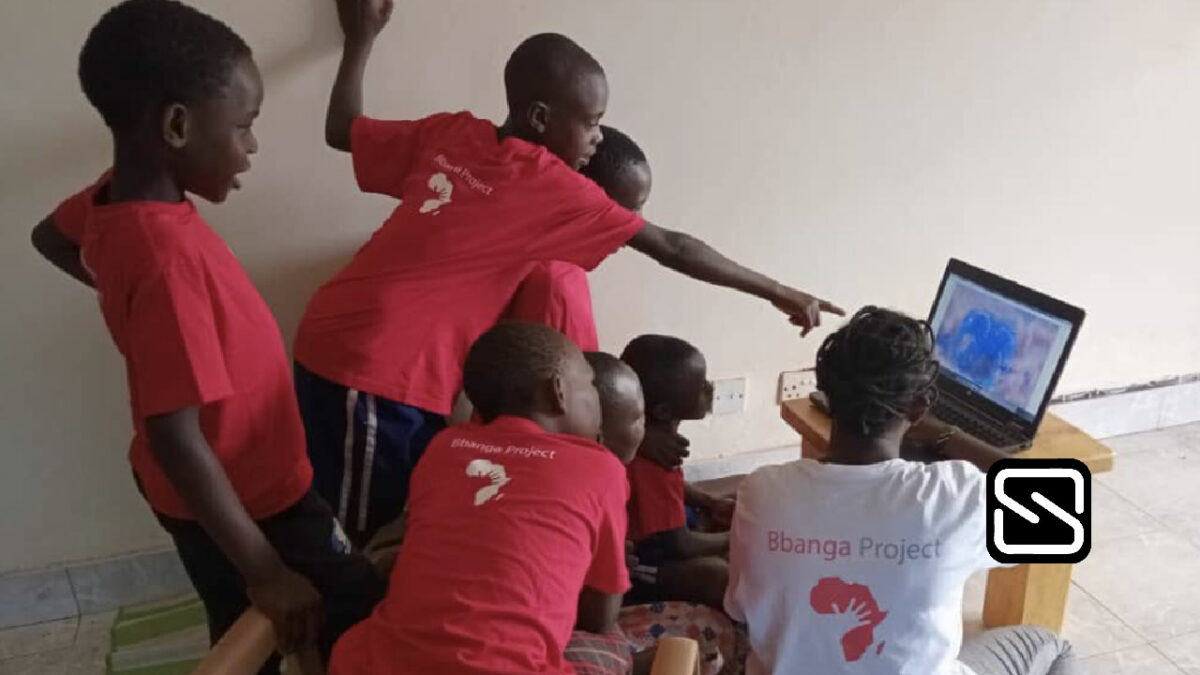While critics have branded them as something for only the ultra-rich and elites of the world, NFTs are being used for philanthropic good to reach and possibly enrich communities that have been left behind. This is the story of how NFTs are being used to build a school in Uganda.
At the Malta AI & Blockchain Summit in November 2021, funding platform Orica announced and launched its collaboration with an Austrian NGO known as Bbanga Project to drop NFTs on its platform. In an auction that took place at the Summit, sale proceeds of this NFT collection were designated to be used to facilitate a Ssese Islands school called Bbanga Primary School, which the Bbanga Project set up and has been running and developing since 2014.
The idea was born when Orica founder, Danial Nanaei and Sani Hayatbakhsh, Bbanga Project’s founder, met in a cafe in Vienna. In their discussion, Hayatbakhsh shared with Nanaei how funds from the City of Vienna had facilitated the construction of the main hall for the Bbanga Project school but they still faced some financial restraints.
Bbanga Project is a not-for-profit organization working to provide sustainable and holistic education. Located off the mainland in Lake Victoria in a cluster of islands called the Ssese Islands, the clustered nature of the islands away from the mainland has made it difficult for many resources to reach the island dwellers and this is a gap the Bbanga Project helps to bridge.
As an ethical funding platform, Orica was looking to have a project with a perfect combination of its goals to support artists and social impact organizations and this presented an opportunity to be explored through an investment in the technology to create and sell NFTs.
The project involved a collaboration with German digital artist Mellowmann to release a collection of Uganda-inspired NFTs. Mellowmann is regarded as “an NFT artist to watch” having already caught the eye of Dima Buterin, the so-called grandfather of Ethereum, as one of his collectors. The artist blended inspiration from the natural world and cultural symbolism of Uganda with the philosophical concepts of love and lightheartedness to give a collection known as A Fairer World NFT collection.
The collection was previewed by the school children before going on auction and Bbanga Project hopes to raise at least $6,815 (6,000 Euros) to finish the construction of the children’s school on the remote island of Bugala, according to Nanaei.
Given that the AI & Blockchain summit was held in Malta, (an island country just north of Africa in the Mediterranean Sea) Orica founder, Danial Nanaei, used this opportunity to show the contrast between the situations of the Ssese Islands and Malta by saying:
“Seventy billion dollars of cryptocurrency moved through Malta after it became “Blockchain Island” so it doesn’t make sense that 4,400km away, Ssese Islands families struggle on less than a dollar a day. We decided to use the launch of our NFT platform at the Malta summit to start making positive change.”
“Sales from the NFTs mean that we can finish building,” explained Hayatbakhsh. “Two hundred more children will gain access to primary education. And of course, Bbanga Project children were excited to be part of a technology launch and see an international artist create artwork, especially for them,” he added.
The school sits on an 8,000 square meter property but only has the main building in place and since the auction, about $1,800 has been raised and directed towards furnishing this main hall with equipment, furniture and books. While currently running on a free scholarship basis for the good of the low income earning community, the project is intended to scale up to a major quality educational facility that could also attract paying students. See more Bbanga Project programs you can support here.
This project has opened the door for more artist-social impact organization collaborations in an initiative called Orica Projects. Orica hopes these will bring more awareness to important social causes on top of fundraising with the “A Fairer World” NFT collection and these subsequent collections to follow are available on Orica.io.
